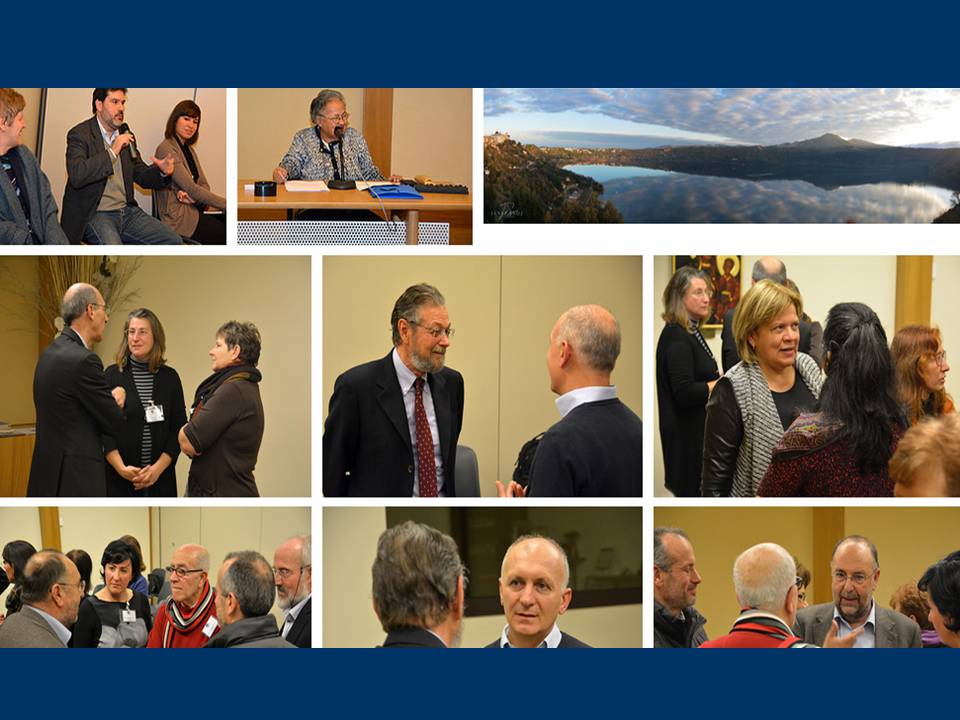Chiara Lubich
Charity is a very important virtue, it’s everything. Therefore, it would be good to immediately commit ourselves to improve in living it. In order to do this, we need to know the things which render it special.
A scholar said: “Loving is fine; knowing how to love is everything.”[1] Yes, “knowing how to love,” because Christian love is an art and one must know this art.
A great psychologist of our times said: “Our civilization very rarely seeks to learn the art of loving; despite its desperate search for love, since everything else is considered to be more important: success, prestige, money and power. We use almost all our energy in pursuit of these goals and almost none in learning the art of loving.”[2]
The true art of loving emerges completely from the Gospel of Christ. It is the first inevitable step we can take to unleash a revolution which is peaceful, but so incisive and radical, that it changes everything. It doesn’t only touch the spiritual sphere, but also the human one, renewing all its expressions: cultural, philosophical, political, economic, educational, scientific, etc.. This art is the secret behind that revolution of love which enabled the early Christians to invade the known world at that time.
It is a demanding art, with challenging requirements….
It is an art that wants us to surpass the limited horizons of a simply natural love, often directed almost exclusively to family and friends. This love is directed to everyone: to the pleasant or unpleasant, attractive or unattractive, fellow-citizens or foreigners, those who share my religion or another, my culture or another, friend, adversary or enemy. It is necessary to love everyone, just as our Father in heaven makes the sun shine and the rain fall on the good and on the bad.
It is a love that urges you to be first in loving – and this is strong – always, without waiting to be loved, as Jesus did with us. When we were still sinners, when we were not loving, he gave his life for us.
And it is a love that considers the other person as oneself, that sees in the other person another self. Gandhi affirmed: "You and I are one and the same thing. I cannot hurt you without harming myself."[3]
This love does not consist only in words or sentiments. It is expressed concretely. It requires that we make ourselves one with others, that “we live the other” in a sense, sharing their sufferings and joys, their needs, in order to understand them, to help them in a real, concrete way.
This art wants us to love Jesus in every person. Even though our love is directed toward a man or woman, Christ considers the good or evil done to them as being done to him. He said this and repeated it, speaking of the majestic scene of the last judgment: “You did it to me,” “You did it to me” (Mt. 25:40).
Finally, when this art of loving is lived by two or more persons, love becomes mutual: in the family, at work, in groups, in every sector of society; mutual love, the pearl of the Gospel, the “new commandment” of Christ, which builds unity.
These are the characteristics of true love, the demands which make it special and that we gather from the Gospel.









